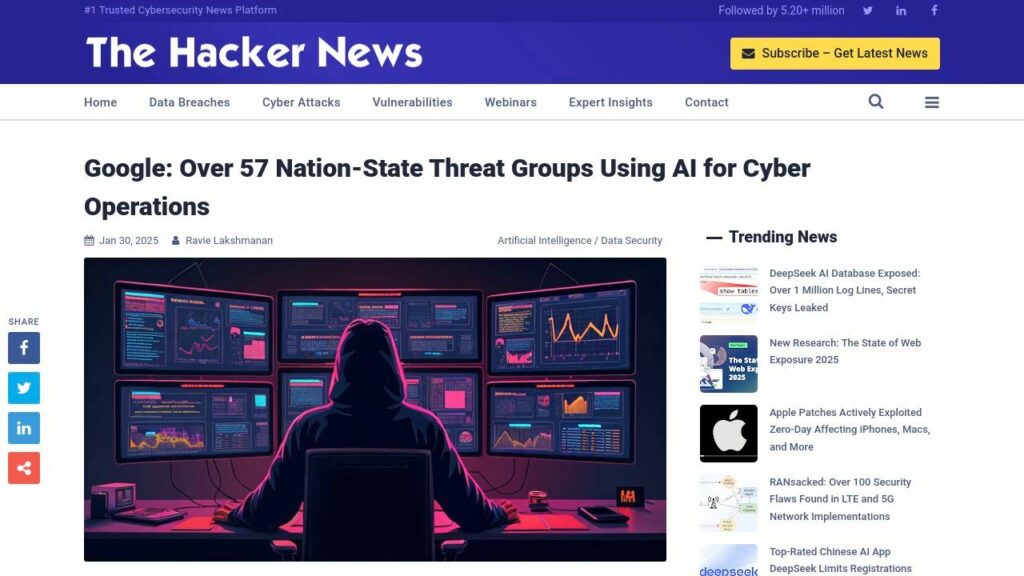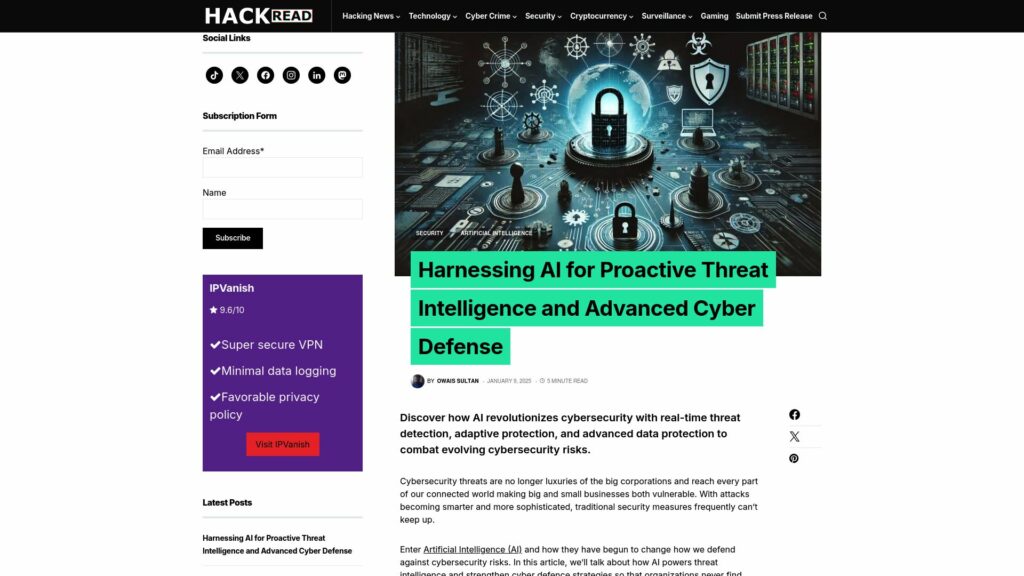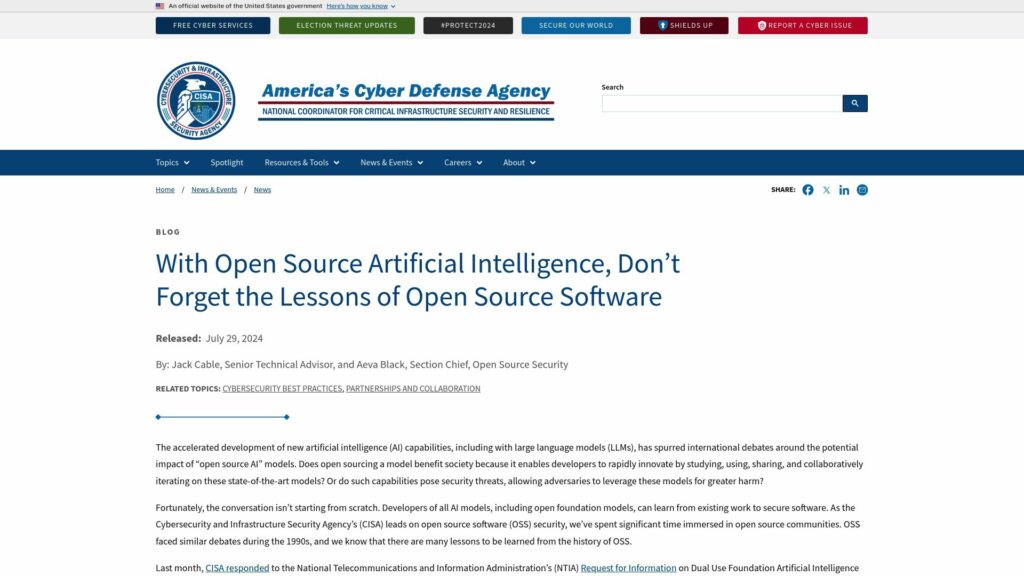FBI Warning For All iPhone, Android Users—Hang Up Now, Use This Code
FBI warns iPhone and Android users about AI-powered deepfake scams. Users should hang up on suspicious calls and create a secret code for verification with close family to combat voice cloning threats. Social media poses risks as it provides voice samples for cybercriminals. Ongoing AI attacks are reshaping crime, making scams increasingly sophisticated and difficult to detect.










